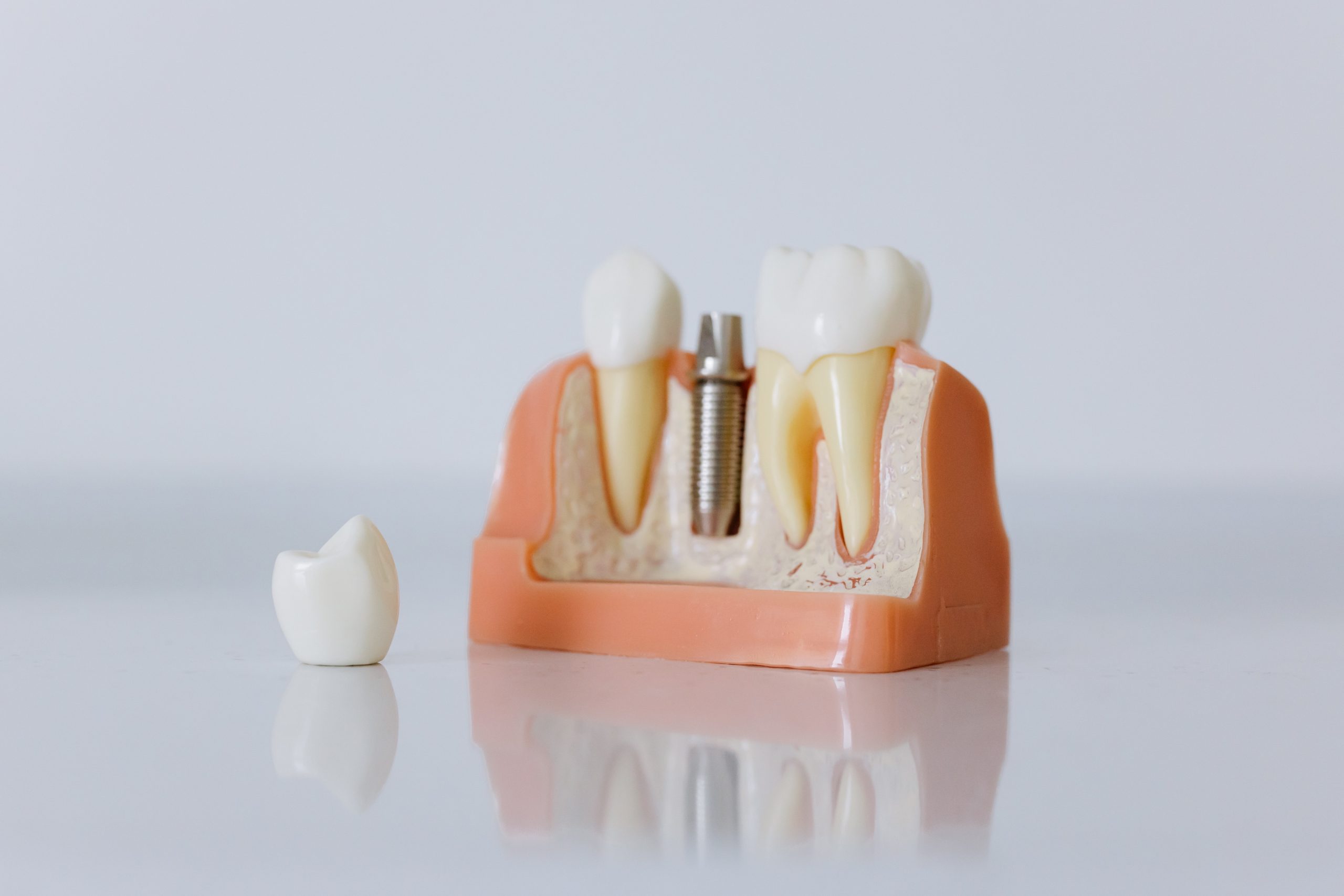Having a gap in your smile as an adult is certainly no laughing matter. It can cause issues with speech, pronunciation and social interactions.
However, it is not an uncommon complaint. Dental teams have been able to resolve the aesthetic issues of missing teeth using bridges or dentures. But patients have wanted more from these prosthetics, such as a stronger bite strength or stability and this is how the oral implant came into being. As it is placed into your jaw using surgery and fuses with the surrounding bone, it creates a stable basis for replacement teeth, allowing you to bite and chew with more force.
In this article, some of the suitability criteria for this treatment will be explored. So you can ascertain whether or not you are likely to be a suitable candidate for a dental implant Melbourne fitting.
Age
There is no upper age limit on oral implants.
However, to qualify for this procedure, you must be aged 18 years or older. This is because of the growth of the jawbone. For the implants to stay in place, and to last 15 years or more, your jawbone needs to have finished growing. This happens around the age of 18. So if you have some missing adult teeth at the age of 17, you won’t have to wait long for this treatment!
Jaw health

One thing that your dental team will need to ascertain is the condition of your jawbone. This will be examined using an X-ray at your initial consultation.
For oral implants to work best, your jawbone needs to be thick and in good condition. If you have an underlying disorder, such as osteoporosis, this can negatively impact the fitting and fusing of an oral implant. If your dental team discovers that you have a jawbone that is too thin or is too damaged to support an implant, they will likely opt for a suitable alternative.
Oral health
When you attend your initial consultation for oral implants, your dental team will also assess your teeth and gums. This is to check for signs of active decay or gum disease. If either of these is present, they will need to be treated before you can begin having implants fitted.
As gum disease is a leading cause of loose and lost oral implants, if you have recurring gum disease or a genetic history of this disorder, then this treatment may not be suitable for you.
General health
Your general health also plays a role in the fitting and fusing of oral implants. As mentioned before, ailments such as osteoporosis can cause complications when you are having an oral implant fitted. Your dental team might decide to fit a different type of oral implant to the regular one, such as a zygomatic or subperiosteal option.
Your dental team will also enquire as to whether or not you are taking medication. Some medications, particularly those used in managing autoimmune conditions, can be hazardous with oral implants as they reduce the immune system response. And so, they can cause delays with fusing.
DISCLAIMER OFFSITE
Any surgical or invasive procedure carries risks. Before proceeding you should seek a second opinion from an appropriately qualified health practitioner.




